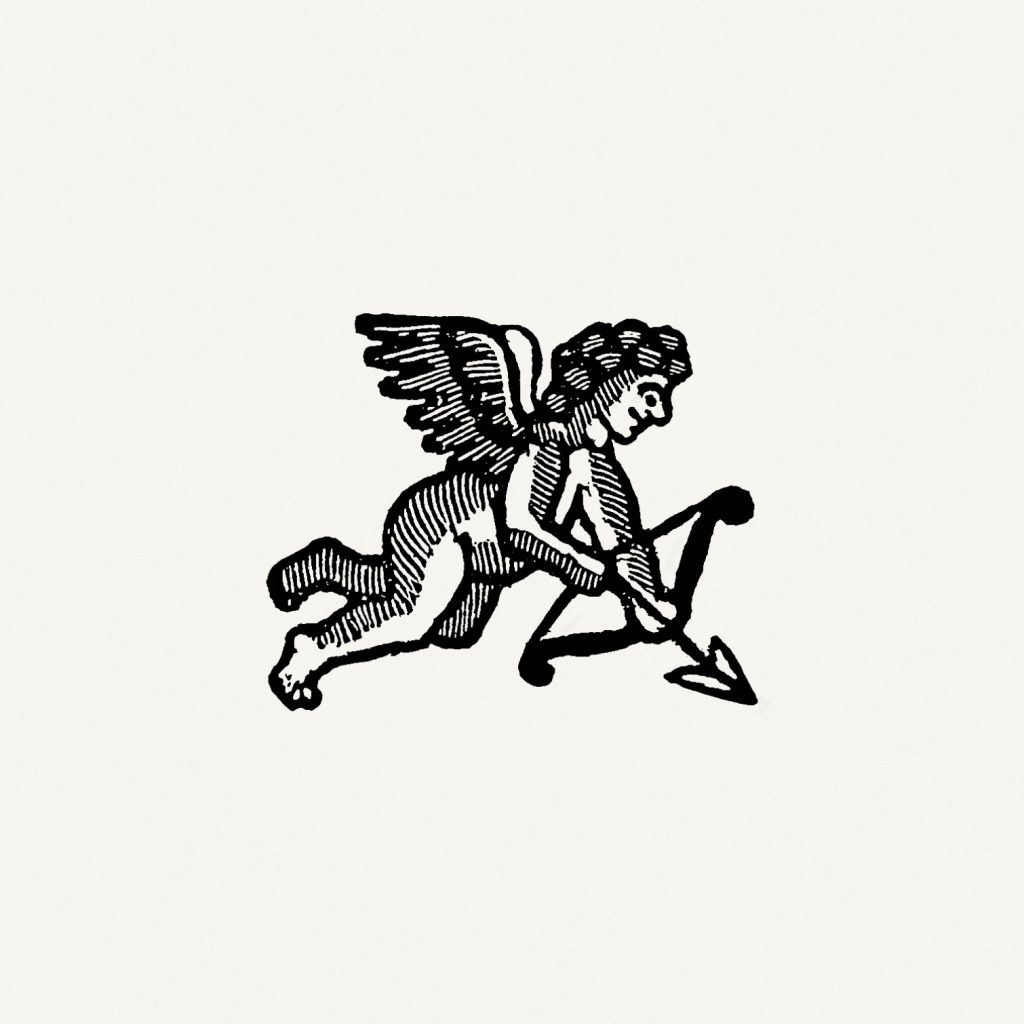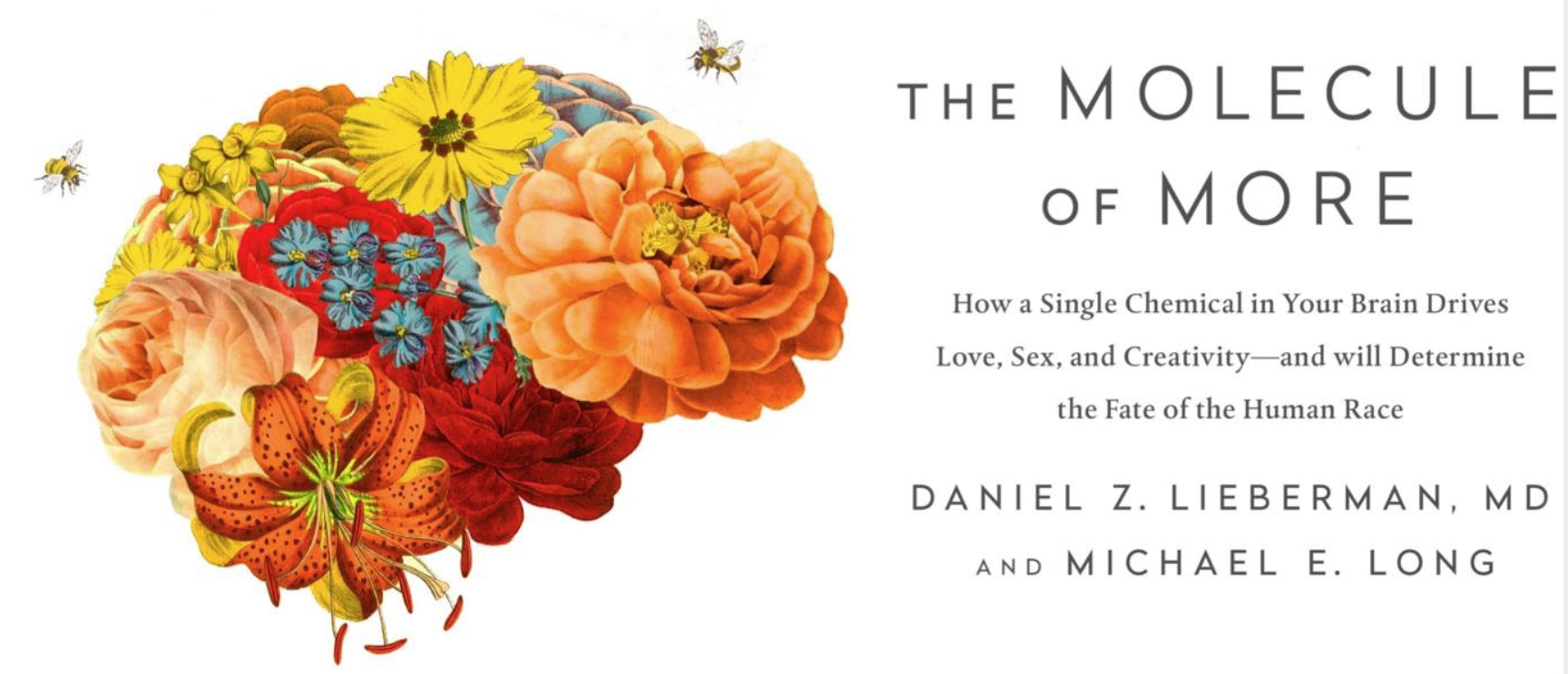Summary
- Two competing modes of personal experience: ‘Up vs Down’
- Up / Dopamine / Future
- Mechanism 1: dopamine desire circuit
- Near-term focus and impulsive
- Mechanism 1A: actual reward prediction error
- Mechanism 1B: potential reward prediction error (anticipation)
- Mechanism 2: dopamine control circuit
- Long-term focus and rational
- Exact mechanism unclear in book
- Antagonistic to mechanism 1
- Goal is to maximize future resources important for survival and reproduction
- Dopamine ‘levels’ are highly correlated with effort / tenacity / discipline / self-efficacy
- Mechanism 1: dopamine desire circuit
- Down / Here & Now Neurotransmitters / Present
- Emotions fall under this category
- Fight or Flight responses too
- The default/dominant mode can vary moment to moment, although, dopamine is typically primary
- Neuroplasticity: both circuits and associated behaviors are self-reinforcing
- Up / Dopamine / Future
- Imperfect incentives:
- Dopamine (success) vs H&N (happiness)
- Dopamine can enable great ‘success’, but it also prevents one from truly enjoying the success (e.g. Buzz Aldrin)
- Dopamine is not meant to be an enduring reservoir of joy. By shaping the brain to make surprising events predictable, dopamine maximizes resources, as it is supposed to do, but in the process, by eliminating surprise and extinguishing reward-prediction error, it suppresses its own activity
- Dopamine vs Dopamine
- Relying on effort / willpower / discipline / dopamine control circuit / alone is foolish. Given enough opportunity the dopamine desire circuit will prevail.
- Willpower is like a muscle. It becomes fatigued with use, and after a fairly short period of time, it gives out.
- Dopamine (success) vs H&N (happiness)
- Implications for:
- Dating: the challenge of transitioning from the thrill of the chase to a long-term relationship
- Relationships: enjoying the company of someone vs using them to get something else
- Addiction: new perspectives on how to treat addiction (not willpower alone)
- Creativity: dopamine is highly correlated with creativity (and madness)
- Politics: many surprising correlations
- Progress: the need for a new, less dopaminergic view of self
- Well-Being (positive psychology/flourishing/eudaimonia and abnormal psychology/mental disorder/maladaptive behavior):
- Danger of over reliance on willpower / dopamine control circuit. Design better systems.
- Self-improvement by targeting specific circuits vs cognitive exercises or medication
Discussion
- Overall:
- How do these ideas resonate with you?
- Do they remind you of any other frameworks / philosophies / phenomena?
- Buyer’s Remorse
- Serial Daters
- …
- How would you rank this as a framework for personality (compared to Big 5, Myers Briggs, Enneagram, DiSC, etc.)?
- The author argues that a thinker and an artist are really the same thing. Do you agree?
- Self-Improvement:
- How do you feel about your circuits? Too much, too little, just right?
- Strength of dopamine desire
- Dopamine desire vs dopamine control
- Dopamine vs H&N neurotransmitters
- Are there any instances where you are overlying on the dopamine control circuit and your willpower is failing?
- Potential interventions:
- Diet: what dopaminergic substances are you consuming today?
- Habit: Decreasing smartphone screen time
- Cognitive exercises: affirmations, verbalization, visualizations (to increase strength of dopamine control circuit)
- Cognitive exercises: beginner’s mind, mindfulness (to increase strength of reward prediction error circuit and here and now circuits, and the ability to switch between them)
- Cognitive exercises: Positive Affect Treatment (to increase strength of H&N)
- Alcohol: is it more rational to take shots of liquor than sip beer?
- Antidepressants: is a SSRI right for your symptoms?
- …
- How do you feel about your circuits? Too much, too little, just right?
- Societal Questions:
- Does one’s dopamine levels decrease with age? Is this why people generally ‘mellow out’?
- Relationship between dopamine and intelligence? If you are more intelligent, are you better able to predict and thus experience less reward-prediction error?
- How much of dopamine receptor density levels is genetic vs environmental?
- How does this change the task of changing someone’s mind? What things should you emphasize to who?
- How do you think humanity ends? Can we overcome the dominance of dopamine?
- Parting thoughts:
- Any memorable quotes that stuck with you?
- It is why heaven is above and earth is below
- There’s a big difference between wanting something and liking it
- Are you planning on reading any of the many books or papers referenced?
- Any memorable quotes that stuck with you?

